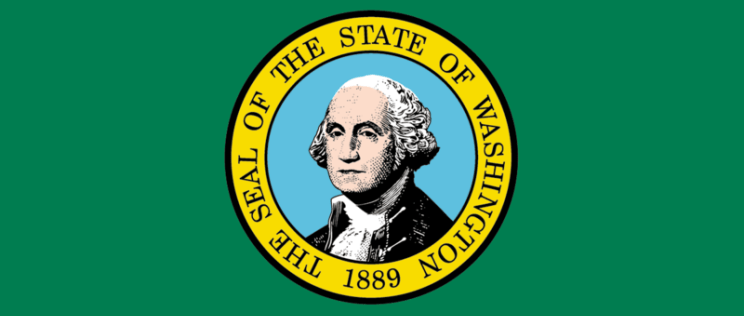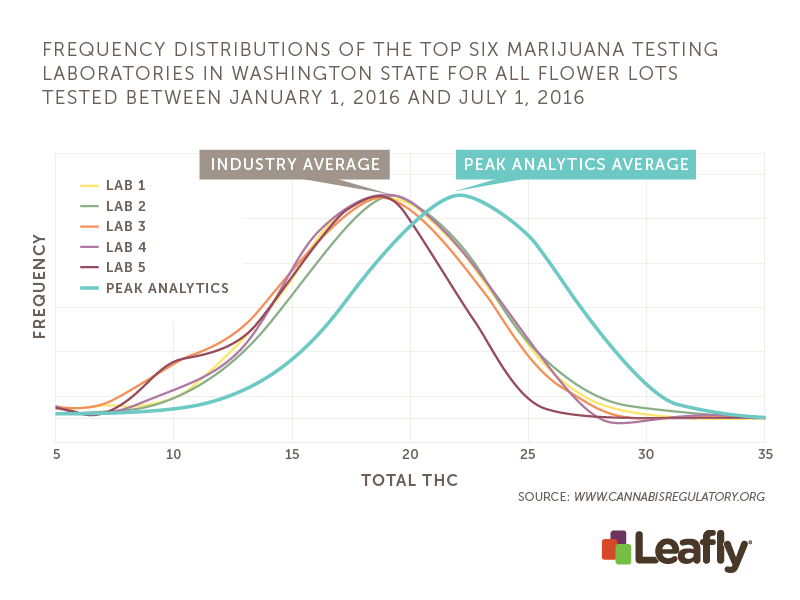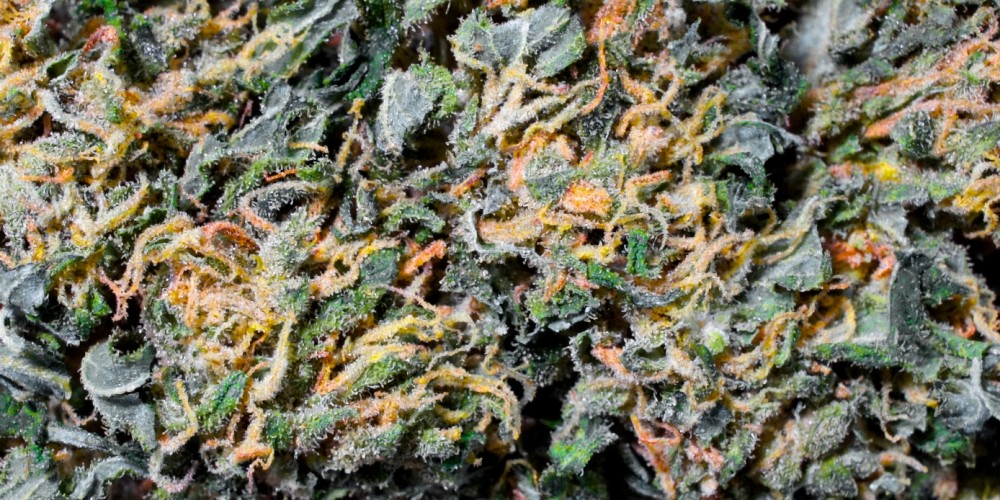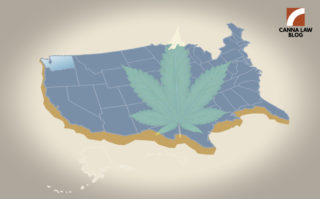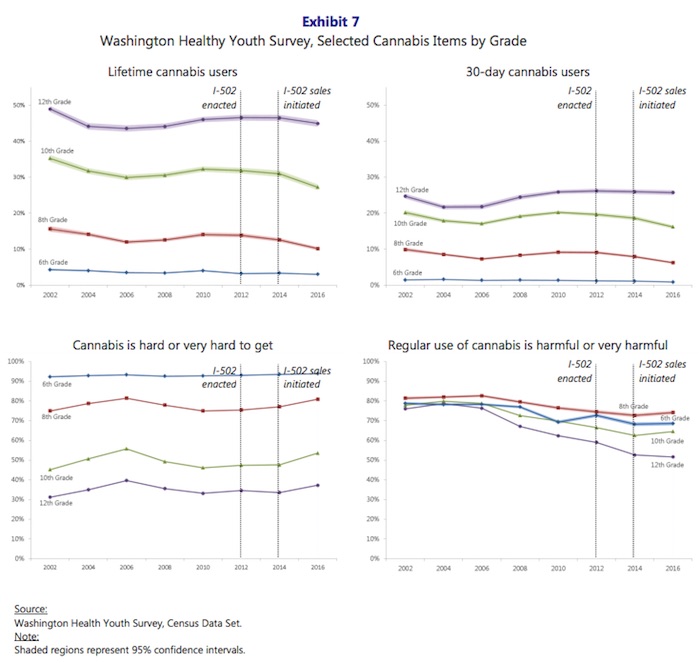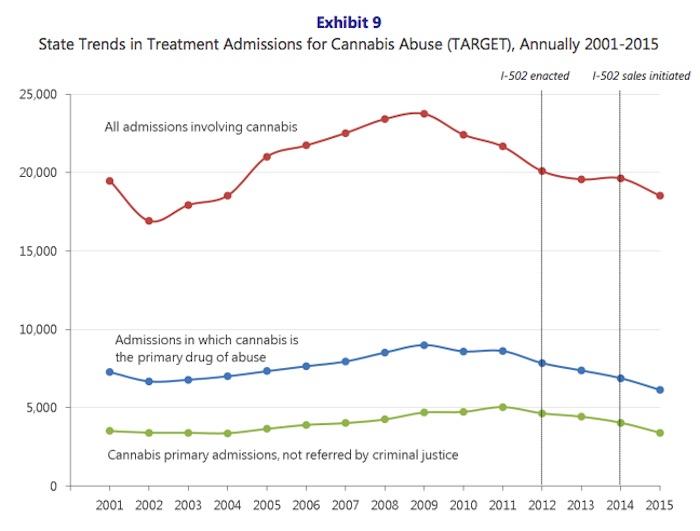CarolKing
Always in search of the perfect vaporizer
Washington Marijuana Information
Tours & Activities Lodging Retail Shops Quick FAQ Forum
Washington, coincidentally nicknamed The Evergreen State has become one of the most marijuana friendly areas of the country. Medicinal cannabis has been legal since 1998 and on Nov. 3, 2012, Washington residents voted to legalize recreational marijuana. The general attitude towards the herb is very relaxed, especially in the Seattle area. Every August, when Seattle hosts the iconic Hempfest, you will see the Seattle Police cruising around on bicycles handing out munchies along with the laws about marijuana use in the state of Washington.
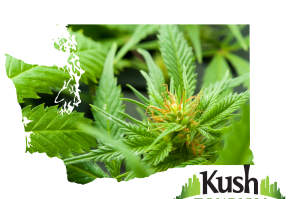 Initiative 502 is the law passed that allows for the cultivation and recreational use of weed for individuals 21 and up. In the years since legalization, a number of legal recreational marijuana shops have appeared all over Washington – here is a map to find one near you. Shopping at one of these stores to ensure that your purchases are legal. You can also examine the packaging of your pot products to ensure legality – each legal item will be clearly labeled with the total THC percentage. Edibles serving sizes will not exceed 10 milligram serving sizes. You should always be able to receive a receipt following your purchase at a recreational store.
Initiative 502 is the law passed that allows for the cultivation and recreational use of weed for individuals 21 and up. In the years since legalization, a number of legal recreational marijuana shops have appeared all over Washington – here is a map to find one near you. Shopping at one of these stores to ensure that your purchases are legal. You can also examine the packaging of your pot products to ensure legality – each legal item will be clearly labeled with the total THC percentage. Edibles serving sizes will not exceed 10 milligram serving sizes. You should always be able to receive a receipt following your purchase at a recreational store.
There are limits to how much marijuana you can purchase and possess at one time. You can only hold one ounce of marijuana flower (28 grams), 7 grams of extract for inhalation, 16 ounces of infused product in solid form, or 72 oz. in beverage form for both edibles and topicals.
If you drive after smoking marijuana, you can be arrested and convicted of a DUI so do not get behind the wheel if you have partaken. Washington has a legal limit of 5 Nanograms/mL of blood and it applies in a similar fashion to the .08 Blood Alcohol Content test. Seattle has a lot of public transportation, and you can always call a cab or use UBER/Lyft. Transporting weed across state lines is illegal and strongly discouraged.
If you find yourself in need of help regarding a DUI, here is a list of qualified lawyers: Washington
The best advice we can give for tourists looking to partake in the cannabis culture is discretion. It’s best to keep your marijuana use out of public areas, but if you must smoke out in the open, a discreet vape pen is your best option.
Washington Medical Marijuana Law
Status
Operational
Law Signed:
1998
QUALIFYING CONDITIONS
Those entered in the state's voluntary patient database may possess: 48 ounces of marijuana-infused product in solid form; 3 ounces of useable marijuana; 216 ounces of marijuana-infused product in liquid form; or 21 grams of marijuana concentrates.
HOME CULTIVATION
Those entered in the state's voluntary patient database may cultivate, in his or her domicile, up to 6 plants for the personal medical use and possess up to 8 ounces of useable marijuana produced from his or her plants. If the health care professional determines that the medical needs of a qualifying patient exceed the amounts provided, the health care professional may specify on the authorization that it is recommended that the patient be allowed to grow, in his or her domicile, up to 15 plants, yielding up to 16 ounces, of usable marijuana for the personal medical use of the patient.
If a qualifying patient has not been entered into the medical marijuana authorization database, he/she may grow, in his or her domicile, up to 4 plants for the personal medical use of the qualifying patient and 6 possess up to six ounces of useable marijuana in his or her domicile.
More information on patient possession limits »
STATE-LICENSED DISPENSARIES ALLOWED
No, but retail providers may also engage in the sale of medial cannabis.
MEDICAL MARIJUANA STATUTES
Yes, designated provider is a person who has been designated in writing by a patient to serve as a designated provider. The caregiver must be 21 years of age or older. The provider must also possess either authorization from the qualifying patient's health care professional or has been entered into an authorized database. The provider must only provide cannabis to the expressed patient.
ESTIMATED NUMBER OF REGISTERED PATIENTS
No
CONTACT INFORMATION
Washington State Department of Health
Tours & Activities Lodging Retail Shops Quick FAQ Forum
Washington, coincidentally nicknamed The Evergreen State has become one of the most marijuana friendly areas of the country. Medicinal cannabis has been legal since 1998 and on Nov. 3, 2012, Washington residents voted to legalize recreational marijuana. The general attitude towards the herb is very relaxed, especially in the Seattle area. Every August, when Seattle hosts the iconic Hempfest, you will see the Seattle Police cruising around on bicycles handing out munchies along with the laws about marijuana use in the state of Washington.
 Initiative 502 is the law passed that allows for the cultivation and recreational use of weed for individuals 21 and up. In the years since legalization, a number of legal recreational marijuana shops have appeared all over Washington – here is a map to find one near you. Shopping at one of these stores to ensure that your purchases are legal. You can also examine the packaging of your pot products to ensure legality – each legal item will be clearly labeled with the total THC percentage. Edibles serving sizes will not exceed 10 milligram serving sizes. You should always be able to receive a receipt following your purchase at a recreational store.
Initiative 502 is the law passed that allows for the cultivation and recreational use of weed for individuals 21 and up. In the years since legalization, a number of legal recreational marijuana shops have appeared all over Washington – here is a map to find one near you. Shopping at one of these stores to ensure that your purchases are legal. You can also examine the packaging of your pot products to ensure legality – each legal item will be clearly labeled with the total THC percentage. Edibles serving sizes will not exceed 10 milligram serving sizes. You should always be able to receive a receipt following your purchase at a recreational store.There are limits to how much marijuana you can purchase and possess at one time. You can only hold one ounce of marijuana flower (28 grams), 7 grams of extract for inhalation, 16 ounces of infused product in solid form, or 72 oz. in beverage form for both edibles and topicals.
If you drive after smoking marijuana, you can be arrested and convicted of a DUI so do not get behind the wheel if you have partaken. Washington has a legal limit of 5 Nanograms/mL of blood and it applies in a similar fashion to the .08 Blood Alcohol Content test. Seattle has a lot of public transportation, and you can always call a cab or use UBER/Lyft. Transporting weed across state lines is illegal and strongly discouraged.
If you find yourself in need of help regarding a DUI, here is a list of qualified lawyers: Washington
The best advice we can give for tourists looking to partake in the cannabis culture is discretion. It’s best to keep your marijuana use out of public areas, but if you must smoke out in the open, a discreet vape pen is your best option.
Washington Medical Marijuana Law
Status
Operational
Law Signed:
1998
QUALIFYING CONDITIONS
- Cachexia
- Cancer
- Crohn's disease
- Glaucoma
- Hepatitis C
- HIV or AIDS
- Intractable pain
- Persistent muscle spasms, and/or spasticity
- Nausea
- Post Traumatic Stress Disorder
- Seizures
- Traumatic Brain Injury
- Any "terminal or debilitating condition"
Those entered in the state's voluntary patient database may possess: 48 ounces of marijuana-infused product in solid form; 3 ounces of useable marijuana; 216 ounces of marijuana-infused product in liquid form; or 21 grams of marijuana concentrates.
HOME CULTIVATION
Those entered in the state's voluntary patient database may cultivate, in his or her domicile, up to 6 plants for the personal medical use and possess up to 8 ounces of useable marijuana produced from his or her plants. If the health care professional determines that the medical needs of a qualifying patient exceed the amounts provided, the health care professional may specify on the authorization that it is recommended that the patient be allowed to grow, in his or her domicile, up to 15 plants, yielding up to 16 ounces, of usable marijuana for the personal medical use of the patient.
If a qualifying patient has not been entered into the medical marijuana authorization database, he/she may grow, in his or her domicile, up to 4 plants for the personal medical use of the qualifying patient and 6 possess up to six ounces of useable marijuana in his or her domicile.
More information on patient possession limits »
STATE-LICENSED DISPENSARIES ALLOWED
No, but retail providers may also engage in the sale of medial cannabis.
MEDICAL MARIJUANA STATUTES
- Wash. Rev. Code §§ 69.51A - 69.51A.901 (2007)
- Wash. Rev. Code §§69.51A.010, 69.51A.040 (2007)
Yes, designated provider is a person who has been designated in writing by a patient to serve as a designated provider. The caregiver must be 21 years of age or older. The provider must also possess either authorization from the qualifying patient's health care professional or has been entered into an authorized database. The provider must only provide cannabis to the expressed patient.
ESTIMATED NUMBER OF REGISTERED PATIENTS
- A voluntary registration system is in effect. To date, an estimated 12,000 patients are registered with the program.
No
CONTACT INFORMATION
Washington State Department of Health
Last edited:
